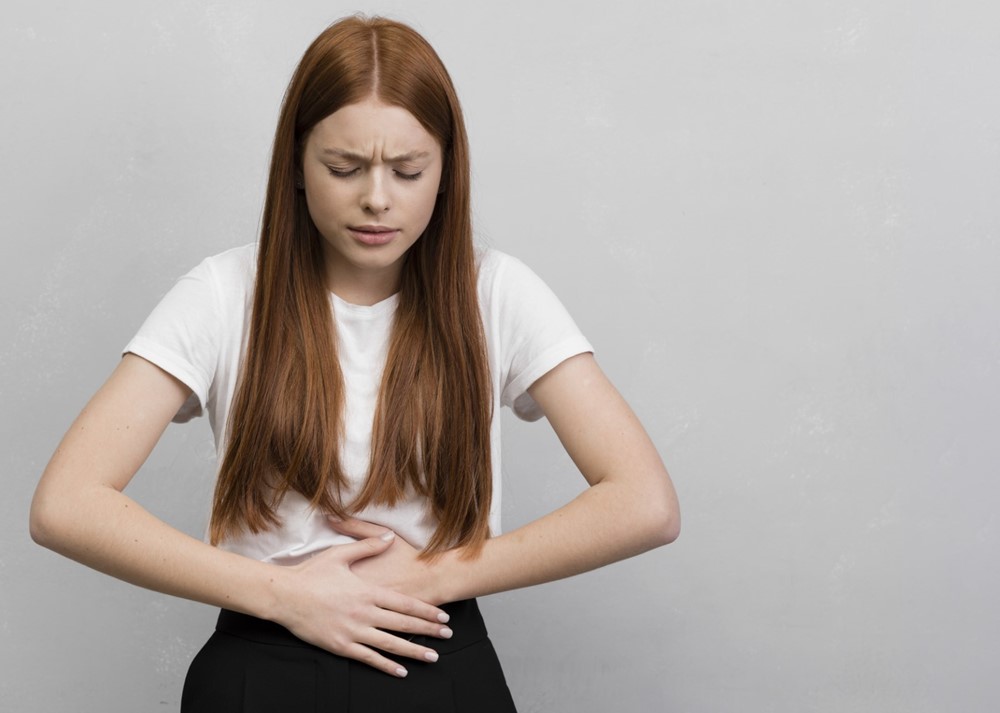A chronic condition affecting millions of people worldwide. It occurs when ulcers form in the lining of the stomach, esophagus, or duodenum. This blog will explore the signs, symptoms, and treatment for peptic ulcer disease to help you understand how to manage this condition effectively.
What are the Symptoms of Peptic Ulcer Disease?
The common symptoms of peptic ulcer vary, but common signs include:
- Burning or gnawing pain in the stomach
- Feeling full or bloated
- Nausea or vomiting
- Loss of appetite
- Unexplained weight loss
- Dark, tarry stools or blood in vomit (indicating bleeding ulcers)
These symptoms range from mild to severe pain, and it's important to seek medical advice if you experience any of these signs.
What Causes Peptic Ulcer Disease?
Factors that contribute to the development of peptic ulcers, including:
- Helicobacter pylori (H. pylori) infection: The most common cause of the peptic ulcer disease, H. pylori infection affects more than half of the population globally.
- Nonsteroidal anti-inflammatory drugs (NSAIDs): Regular use of NSAIDs irritate the stomach lining, increasing the risk of ulcers.
- Excessive alcohol consumption: Alcohol can damage the stomach lining, leading to ulcer formation.
- Smoking: Smoking increases stomach acid production, contributing to ulcer development.
- Stress: While stress alone may not cause ulcers, it can exacerbate symptoms and delay healing.
How is Peptic Ulcer Disease Treated?
There are several treatment options available for peptic ulcer disease, depending on the cause:
- Antibiotics: If H. pylori infection is diagnosed, antibiotics are prescribed to eradicate the bacteria.
- Proton pump inhibitors (PPIs): These medications reduce stomach acid production, allowing ulcers to heal.
- H2 receptor blockers: These drugs block acid production in the stomach, helping to alleviate symptoms.
- Antacids: Antacids neutralize stomach acid, providing quick symptom relief.
- Lifestyle changes: Avoiding alcohol and tobacco, managing stress, and making dietary adjustments can help control symptoms and prevent recurrence.
How Can Lifestyle Changes Help Manage Peptic Ulcer Disease?
In addition to medication, adopting healthy habits can significantly improve peptic ulcer disease management. Quitting smoking and reducing alcohol intake are key, as both irritate the stomach lining. Reducing stress through relaxation techniques and eating a balanced diet can also support healing and prevent flare-ups.
Conclusion
Peptic ulcer disease is a condition that causes discomfort and affects a person's quality of life. Recognizing the symptoms and seeking prompt medical attention is crucial. With appropriate treatment and lifestyle changes, most people with peptic ulcer disease can effectively manage their symptoms and improve their overall well-being.




